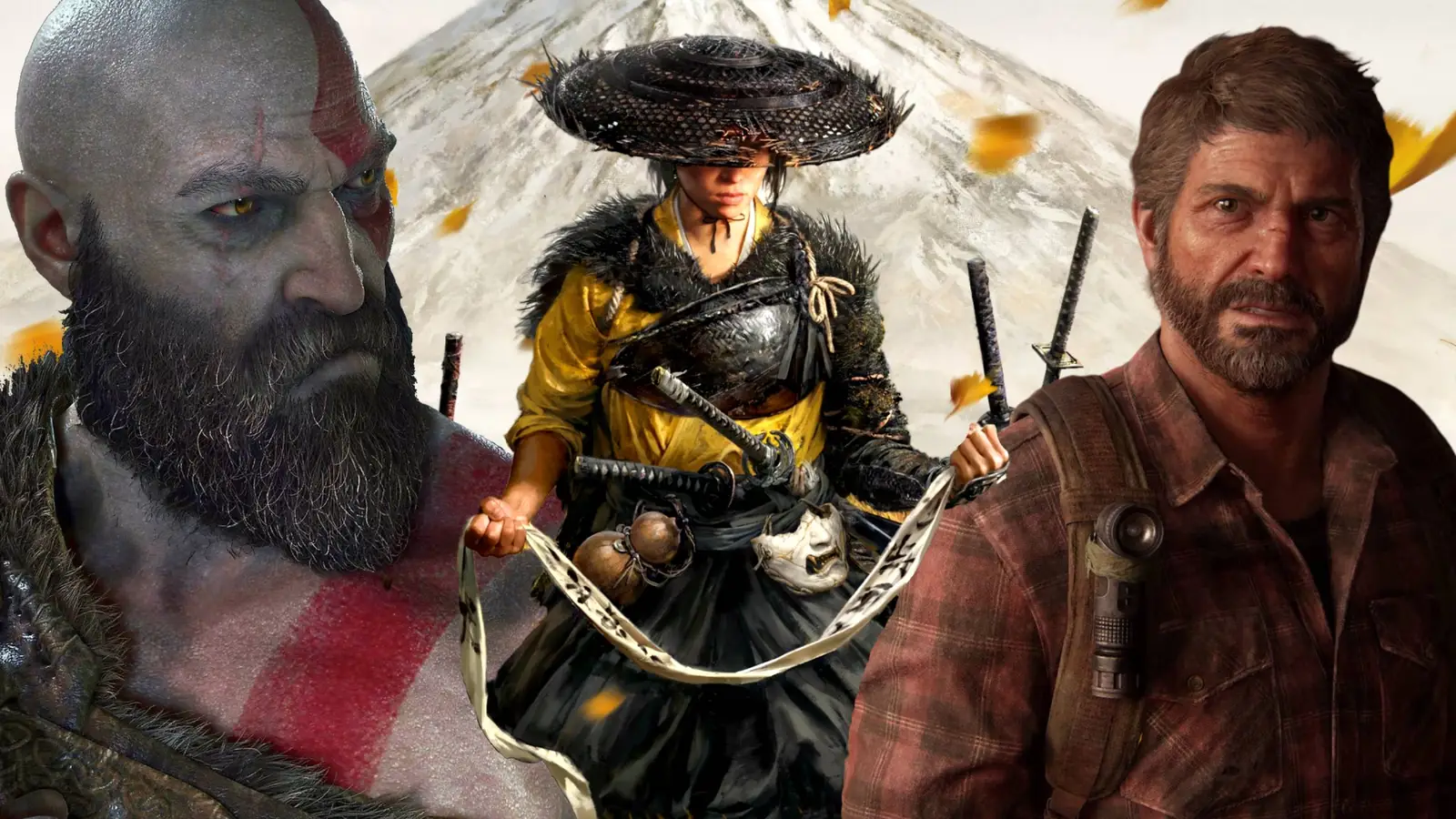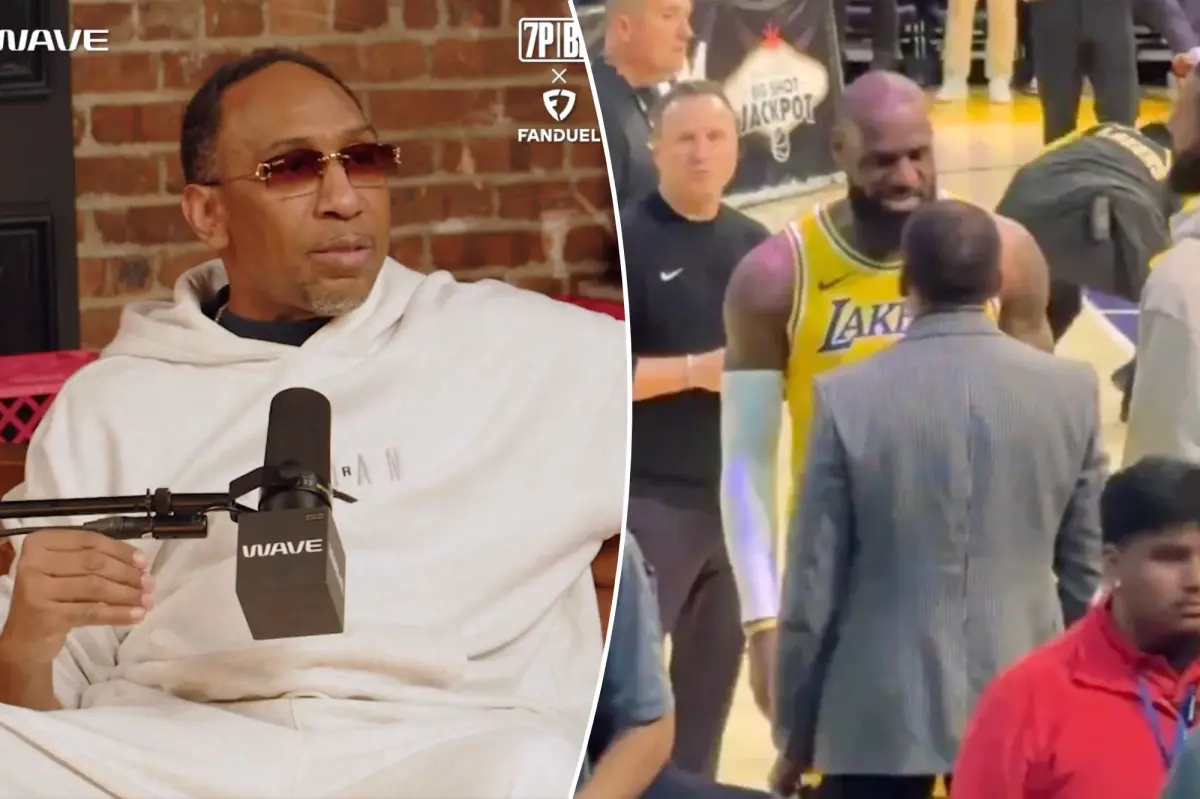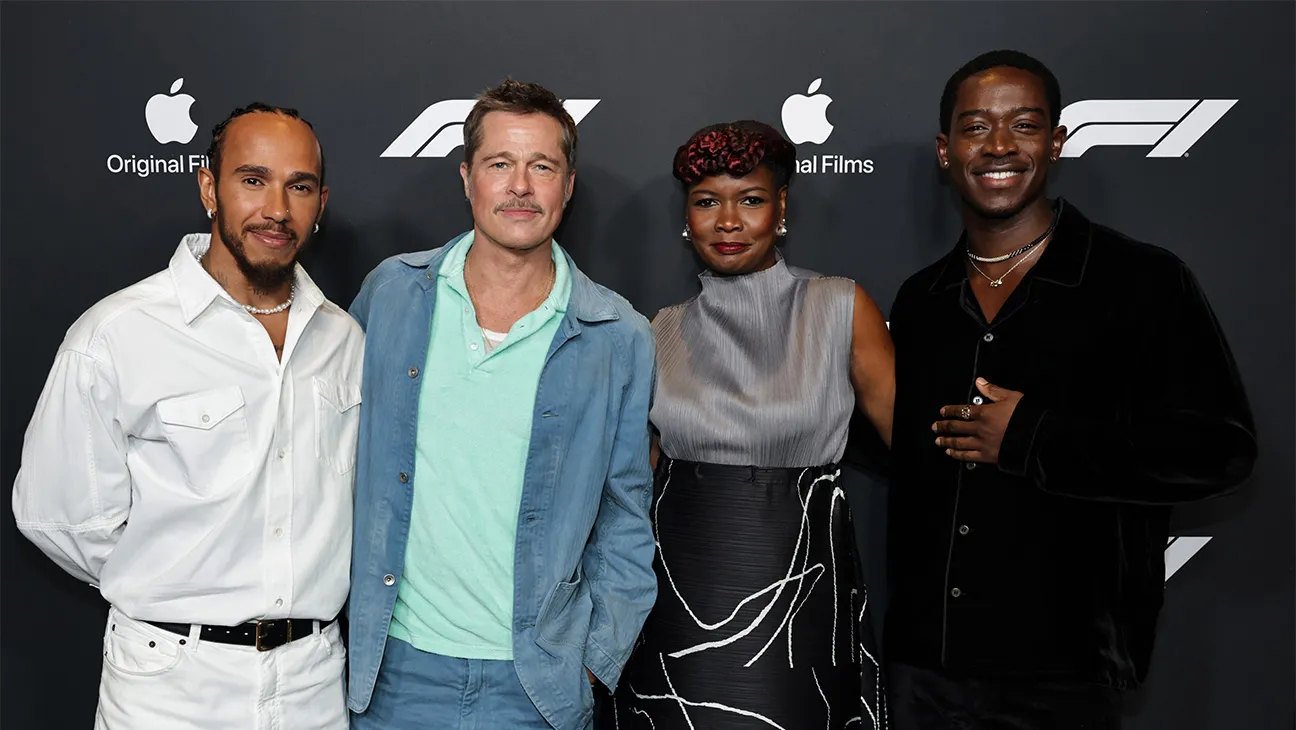Copyright XDA Developers

It's very strange that if I had a dollar for every time someone claimed that every major PlayStation exclusive game tells the same story for the past two generations, I could probably afford the next two first-party games the company is bringing out. The truth, however, is that this take feels misguided, at best. We do have Kratos mourning, Joel with his regrets, and Ellie with her pain, but to call all these games the same? That's missing what they actually are. PlayStation's latest first-party exclusive, Ghost of Yotei, proves exactly that. On paper, the game is about vengeance, yes, but what unfolds is a story about duty, honor, and the cost of vengeance itself, rather than just grief. Flattening this fantastic Sucker Punch production into the same emotional bucket as other PS exclusives (and even other AAA titles) could very well result in flattening every great narrative in gaming. There has been a tonal shift in PlayStation's games There's no denying where the golden blueprint started Look, there's no denying that 2013's The Last of Us on the PlayStation 3 definitely affected gaming significantly. In fact, it did so in more ways than one — it sort of made a template or golden blueprint for subsequent major Sony exclusives to follow. Somber music, over-the-shoulder camera, and heavy themes. These elements can indeed blur the edges between otherwise distinct worlds. Now, on paper, Ghost of Yotei could be most likened to 2019's The Last of Us Part II, since they're both "revenge quests". But that's where their similarities end. TLOU II is about obsession, empathy, and what it means to be the "other". Sure, its motifs may include grief and loss to draw parallels between its protagonists, but those emotions are intrinsic parts of the human condition. It's impossible not to touch on them while exploring the emotional spectrum of your characters. The Last of Us may have left a storytelling footprint, but it was definitely not a creative cage. It was the nuance of the first Last of Us game that inspired the broader creative shift across PlayStation, where the games we saw from Sony then began coming with better-written characters and deeper exploration of mature themes. TLOU1 may very well have left a storytelling footprint, but it was definitely not a creative cage. Ghost of Yotei shows exactly how studios can build on that same foundation but in different directions. Ghost of Yotei is not about "grief" and "revenge" There's a far better explanation of its themes than just the one on the surface Some might call Yotei a revenge story wrapped in grief and loss, but that's missing the point. Allow me to explain — Atsu's journey in Ghost of Yotei isn't about what she lost, but rather, about how she confronts what she has become while wrapped up in her need to exact justice. This is a story that examines the ethics of vengeance, the rot of obsession, and the push-pull between duty and peace. Instead of grief, a far better explanation and description of this theme would be introspection. Without grief, however, there would be nothing driving Atsu, who, above all, is a video game protagonist with lethal weapons, to begin their journey in the game as they begin confronting enemies and demons from their past. That goes for almost every video game protagonist where any sort of combat is involved — you can't justify being completely happy while still gunning or cutting down everyone who moves in your direction. I may have my fair share of complaints about the lack of new games and flagship IPs from first-party Sony studios this generation after seeing a layer of dust on my PS5, but thematic similarities and monotony is not one of them. The 'all PS games are the same' argument holds no weight Especially not when you look at the actual exclusives library Now, if one were to only look at games like The Last of Us, Horizon Zero Dawn, Death Stranding, Ghost of Yotei, and perhaps even Marvel's Spider-Man, they could definitely find a way to somehow convince themselves that they are all about 'family', 'loss', and grief. Thus, coming to a conclusion about how major PS exclusives have all been telling the same story in different ways wouldn't be too tough. It would, however, be completely misguided. 2019's Death Stranding may have touched on grief, but fundamentally, it's about connection. The 2025 sequel that, as per yours truly, is almost certain to win GOTY, explores themes of immigration, assimilation, and how far human connections can go before fraying at the seams. Of course, there will be grief involved in any story that explores human connections in a post-apocalyptic world full of death and misery, but that doesn't automatically make Death Stranding the same as something like Ghost of Yotei or Tsushima. How do Horizon Zero Dawn and Forbidden West's themes sound anything similar to other PS-exclusive games? Similarly, Horizon Zero Dawn explores the dangers of unchecked technology and a journey of self-discovery and identity, while Forbidden West is about rising to the occasion to put the needs of the many above all else. How could those themes sound any similar to anything else in the PS-exclusive library? If one were to think that Spider-Man and its sequels were once again about family and grief, they would, sadly, be wrong yet again. Every Spider-Man story has focused on doing what's right and standing firm in your ideals. The 2018 game involves loss, sure, but it doesn't revolve around it at all, instead focusing on personal sacrifice and moving on from the past. The sequel with both Spider-Men gave us a wonderful story about balance and responsibility, while Miles Morales' own adventure revolved around coming of age and finding a sense of belonging. Ghost of Tsushima explored Jin's grief and past, but it never wavered from its central theme of honor vs. pragmatism. Ghost of Yotei's predecessor, Ghost of Tsushima, itself began with a lot of death for Jin Sakai's comrades, and the game didn't shy away from exploring Jin's grief and the memories of his past. Still, it never once wavered from its central theme of honor versus pragmatism, and forging your own path. The fantastic DLC expansion of Iki Island leaned more into Jin's grief, and yet, even that can't be likened to something like Joel's grief or Ellie's misery. All of this is before you can even touch on Days Gone with its themes of friendship and survival, Astro Bot revolving around unhinged fun, and Gran Turismo 7 being all about "car go vroom." We have to stop believing that the Norse God of War games are "grief stories" This might just be one of the biggest gripes I have with a huge part of the discourse around the rebooted God of War games and PS exclusives in general. They are often cited as games about loss, trauma, and grief, but those are not the themes the 2018 soft reboot and 2022's Ragnarök explored. Instead, their real core lies in parenthood, transparency, and breaking generational chains. The sequel builds around themes of predestination and redemption. The loss of the mother figure informs Kratos and Atreus's journey, even acting as a catalyst for it to begin, but it never once overshadows the central themes of the two games, which run far deeper than "Kratos is sad and grieving". The Norse God of War games run far deeper than just Kratos being sad and grieving. To lump all these games together because of overlapping motifs is like claiming Assassin's Creed II and Max Payne tell the same story because both protagonists lost their families. Grief may be a spark, but what grows from it differs wildly. The Doom Slayer's path of perpetual torment was borne out of grief over his dead family and rabbit, too. Let's not liken that to The Last of Us or Ghost of Yotei, shall we? Ghost of Yotei only raises my confidence in upcoming PlayStation exclusives It shows that Sony's next PS5-only projects are going to be solidly written yet varied Next in line in PlayStation's exclusive lineup is Wolverine, which looks to be a throwback to the brutal action of PlayStations' past, but with modern polish, production, and storytelling. However, we must remember that behind the shiny claws is a deeply-fractured, forcibly-immortal man who will be on a quest to piece together his memories to discover who he is while battling demons from his past. There will be vengeance and grief involved, but I hope that doesn't lead to baseless Yotei comparisons coming up. Revenge and misery may come up as plot devices, but they aren't always a story's heart if you know your literature. Similarly, Intergalactic: The Heretic Prophet, Naughty Dog's next huge sci-fi adventure, is set to explore religion, faith, and loneliness. Will that tone not need a character carrying some excessive emotional baggage? Whatever grief Jordan Munn's character bears doesn't reduce the game to a "revenge quest", and I hope that when the game lands on the PlayStation 5, that is not the direction the discourse takes. I do miss how immensely diverse the PS catalog used to be, though There is merit, however, in admitting that the tonal variety of PlayStation first-party flagships has definitely gone down over the years and generations. I'd love to see more tonal variety again, with games that embrace absurdity, experimentation, or genuine levity. Give me more Jak and Daxter, Sly Cooper, a fresh take on something Nintendo has been doing with Smash Bros. by throwing Crash Bandicoot in there for good measure. Give me more InFAMOUS games, and please let me see Sam Drake on a globe-trotting, treasure hunting adventure filling the Nathan-shaped void in my heart. As much as I, much like anyone else, wish to see the PlayStation exclusive lineup as diverse as it used to be in tone and genre, they are still diverse in themes, and dismissing them as creatively repetitive overlooks how much nuance stories actually hold. We can critique the occasional sameness in tone, but saying PS games are about grief is missing what they're truly saying. Can the occasional sameness in tone be critiqued? Sure, in a measured fashion. But to say they're all "about grief" is to miss what they're truly trying to say. If Ghost of Yotei proves anything, it's that PlayStation's writers haven't run out of things to say. In fact, they've just grown up with their audience. Grief and loss are part of life, sure, but games like Yotei are there to remind us of what we do with that pain and what we choose to build from it. To call all modern PS games the same is a surface-level reading Combat-driven storytelling naturally brushes against death and loss It's easy to see why someone might think every modern PlayStation game is about grief. After all, it is one of the most visible threads in the stories, and it pops up quite often. But at the same time, that is a surface-level reading that doesn't hold up under even light scrutiny. Combat-driven storytelling naturally brushes against death and loss, but that doesn't make all of these stories the same.



